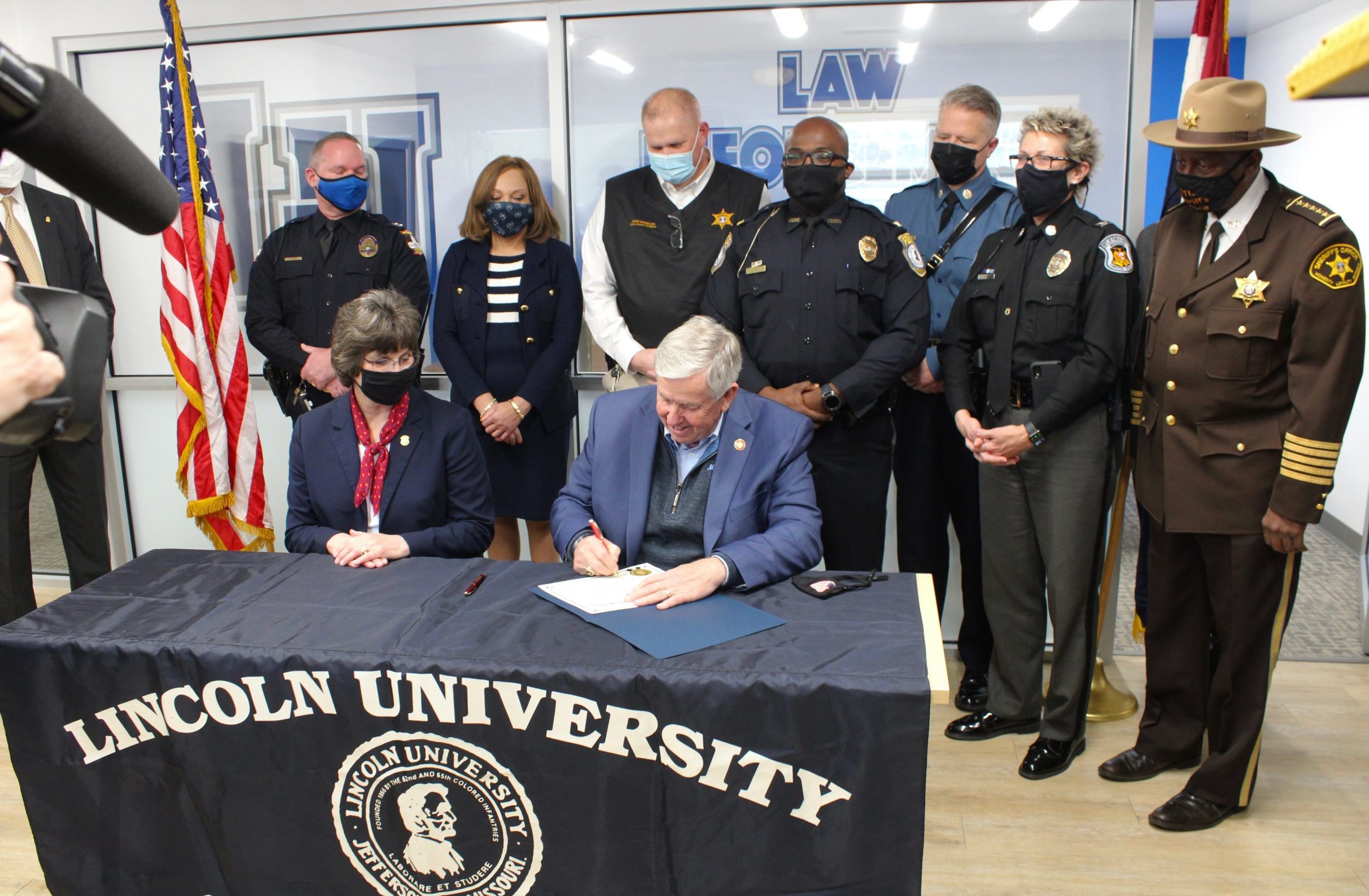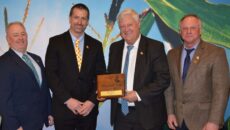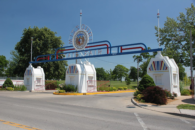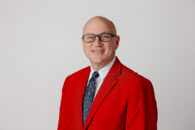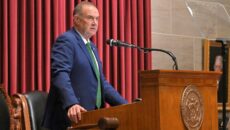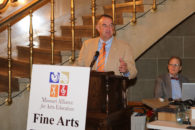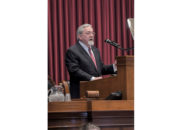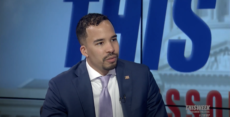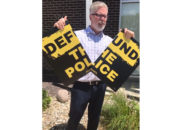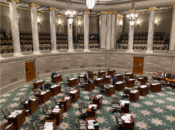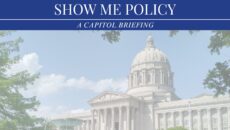JEFFERSON CITY, Mo. — With Gov. Mike Parson’s signature, Lincoln University will officially become the first historically Black college and university (HBCU) to house its own police academy next year.
“At a time when law enforcement agencies are working to attract more diverse officers and create agencies that look more like their communities, Lincoln University presented an ambitious plan for a law enforcement training center that could have far-reaching impacts on recruiting more minorities to policing,” Parson said before signing the university’s basic training center license Tuesday. “We appreciate all the work the Lincoln University team has put into this unique effort.”
Parson said he hoped other HBCUs in Missouri and across the country would follow suit. There are more than 660 police training academies across the U.S., with about half hosted by colleges, according to Department of Safety (DPS) Director Sandy Karsten.
“Lincoln University is ahead of the class,” President Jerald Jones Woolfolk told The Missouri Times. “We are so excited to be the first HBCU to host a police academy in the country. I’m proud of Lincoln University Police Chief Gary Hill and his team for making this happen — they stayed the course, and we couldn’t be more proud of their work.”
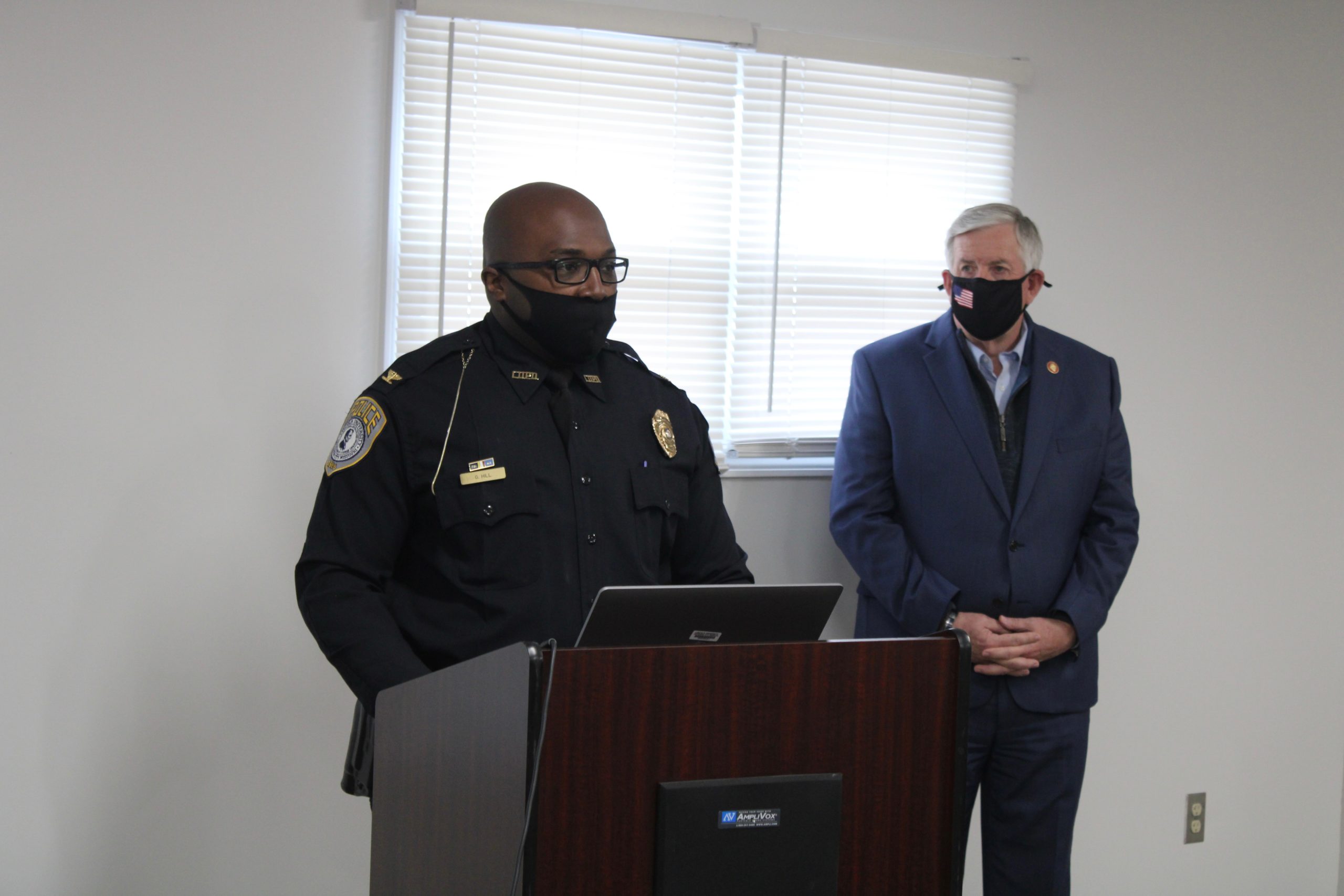
Hill, a Lincoln alumnus who has worked at the university since 2011, said he was proud of the work that had been done to get the project across the finish line — and the academy’s work is just getting started.
“When I went through the academy, I was one of two African-Americans, and for us to have an academy here focused on increasing the diversity in law enforcement so people can feel included is incredible,” Hill said in an interview. “Now the real work begins. We have to ensure that when we have people enrolled in the academy that we’re giving them all the tools that they need to succeed today and in the future.”
Hill will lead the academy as its director when it begins operating next year. The staff will be made up of Lincoln professors and police officers teaching part-time. The 16-credit-hour program would allow students to devote their final semester at Lincoln to full-time police training.
Hill previously said the academy hoped to train between eight to 10 recruits over its first year of operation. Fourteen hopefuls, including both Lincoln students and working adults, have applied for the academy so far and are currently going through background checks.
Missouri’s Peace Officer Standards and Training (POST) Commission recommended the university’s academy be granted a license earlier this month. Hill, who was appointed to the commission by Parson earlier this year, said the recommendation came after on-site inspections were conducted by Karsten and others at DPS.
The commission granted its preliminary approval to prepare the academy in October. Commissioners praised the idea, noting that increasing minority recruitment would benefit both students and police forces and expressing hope that other HBCUs across the country would follow suit.

